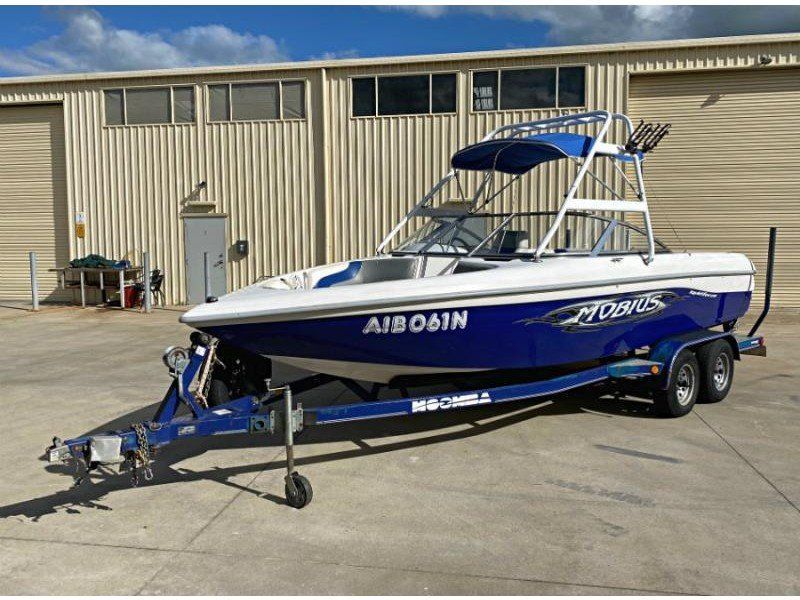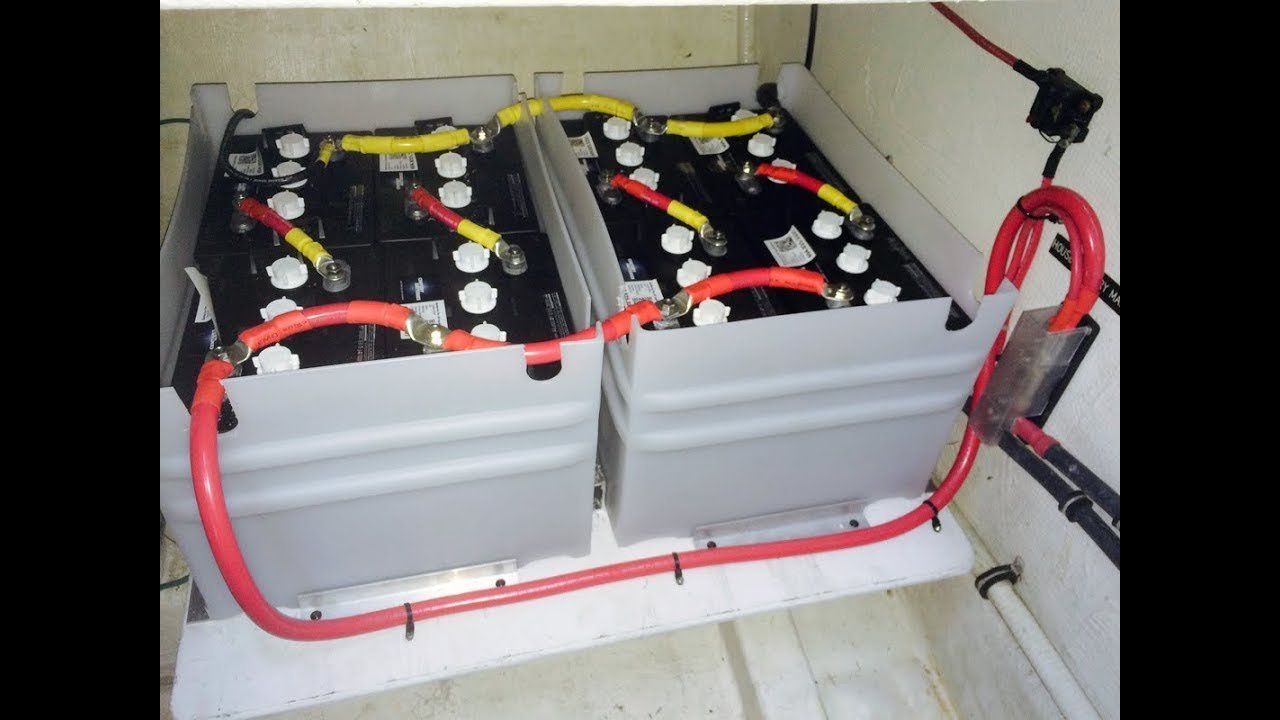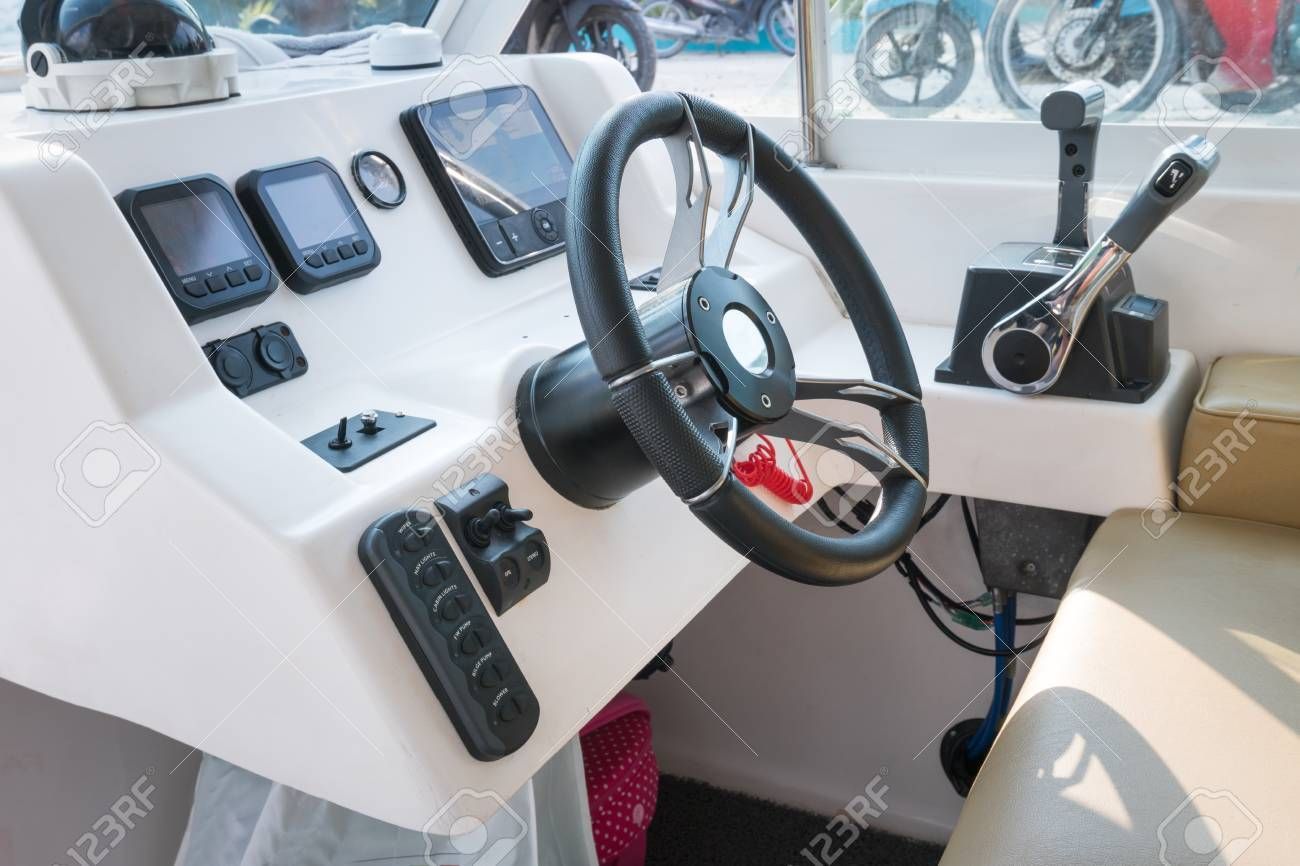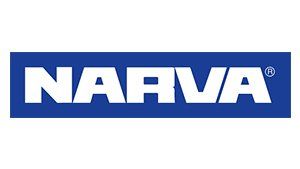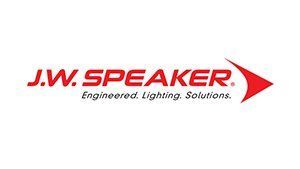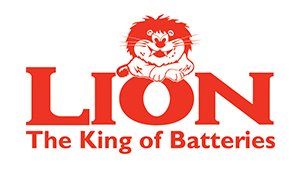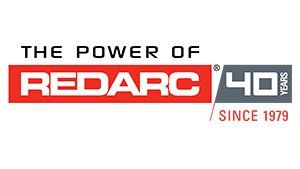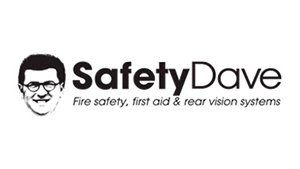Get A Quick Quote
Contact Us
Thank you for contacting A Plus Automotive Electrical.
We will get back to you as soon as possible.
Please try again later.
Albury Marine Electrician
Ensure your boat doesn’t lose power on the water at A Plus Automotive Electrical in Albury. Our qualified marine electricians provide comprehensive marine electrical and electronic services for boats of various sizes.
Whether you need a new battery or complex rewiring, our experienced team will have you back out on the big blue in no time at all.
Call us today to arrange an appointment. Servicing clients from Lavington, Wodonga, Corowa and surrounds. Phone
(02) 6040 2544 to book now
Our Marine Electrical Services
We provide a wide range of marine electrical services, including:
- Dual battery installations
- Fault finding & diagnostics
- Boat trailer repairs
- Battery testing & replacements
- Electronic installations
- Complete rewiring
- Solar 12v installations
Our Marine Electrical Products
We offer a selection of marine electrical products, including:
- Lighting
- Starting & charging systems
- Batteries
- Electric brake systems
- Brake controllers
- Depth sounders
Frequently Asked Questions
What does a marine electrician do?
A marine electrician specialises in the installation, maintenance, and repair of electrical systems on boats, yachts, and other watercraft. Their work includes everything from battery systems and solar charging setups to navigation lights, bilge pumps, GPS systems, radios, and onboard appliances. Marine environments are harsh, so electricians use marine-grade wiring and corrosion-resistant fittings to prevent damage from saltwater and humidity. They also ensure compliance with marine safety standards, including correct fusing, waterproofing, and cable management. Whether working on small fishing boats or larger vessels, marine electricians ensure reliable, safe, and efficient electrical systems at sea.
What are the signs of electrical problems on a boat?
Electrical issues on a boat can manifest in several ways. Common signs include flickering or dim navigation lights, a constantly draining battery, failure of onboard electronics, burning smells near panels, or intermittent operation of bilge pumps or radios. Corroded terminals, loose wiring, or water intrusion in connectors often cause these problems. Boats also suffer from unique challenges such as galvanic corrosion and high vibration, which can loosen connections over time. If electrical problems are ignored, they may lead to system failures or even fire hazards. Regular inspections by a marine electrician are essential for catching issues early and ensuring safe operation.
Can I use regular electrical components on a boat?
No, standard household or automotive electrical components are not suitable for marine environments. Boats require marine-grade components, which are specifically designed to withstand moisture, salt, vibration, and extreme temperatures. Marine wire, for example, is tinned copper to resist corrosion and usually features insulation rated for higher heat and moisture resistance. Terminals, fuses, and switches also need to be waterproof or sealed to prevent damage from splashes or condensation. Using non-marine-grade parts may result in short circuits, corrosion, and even fire. For long-term reliability and compliance with marine safety regulations, only marine-rated components should be used.
